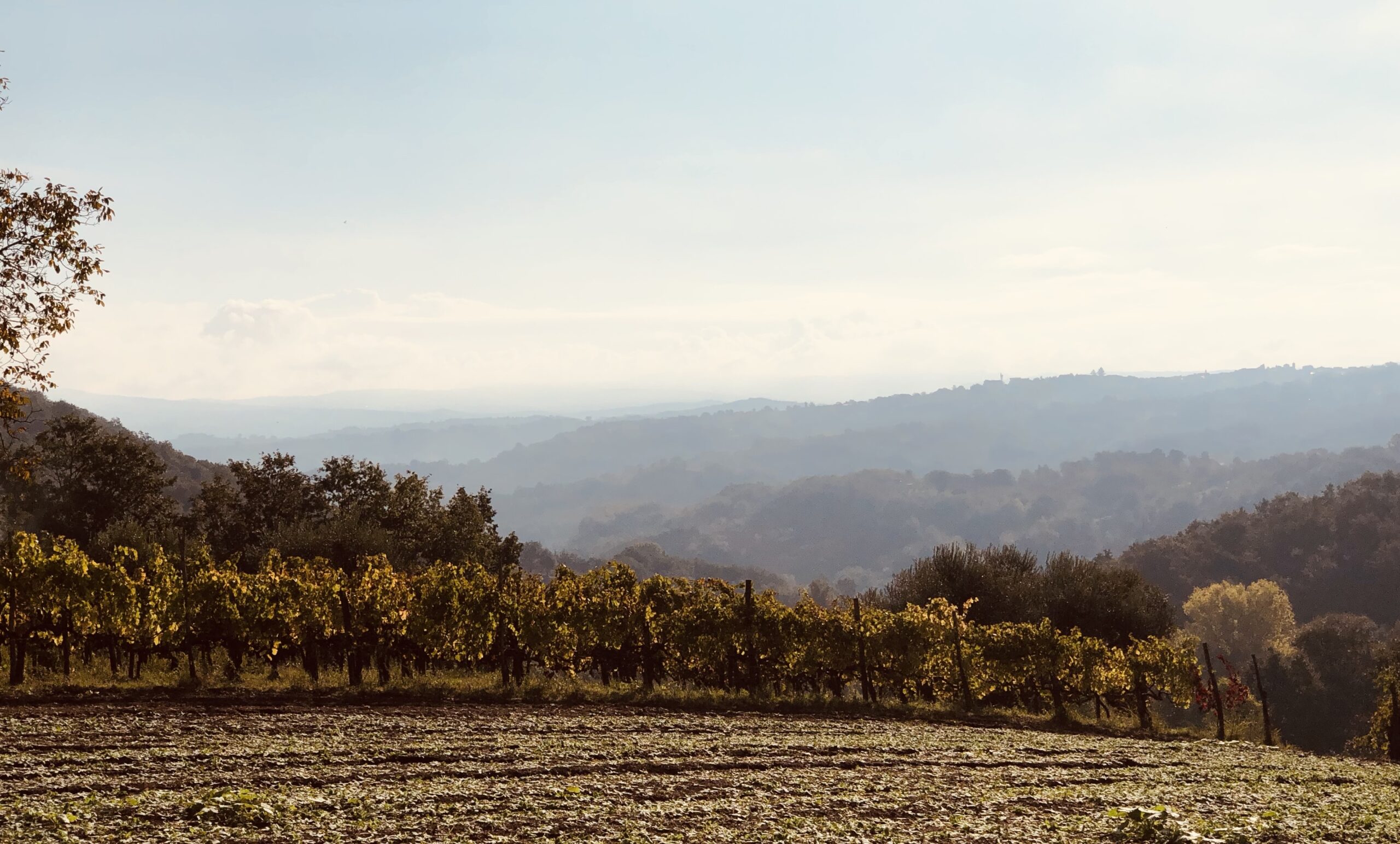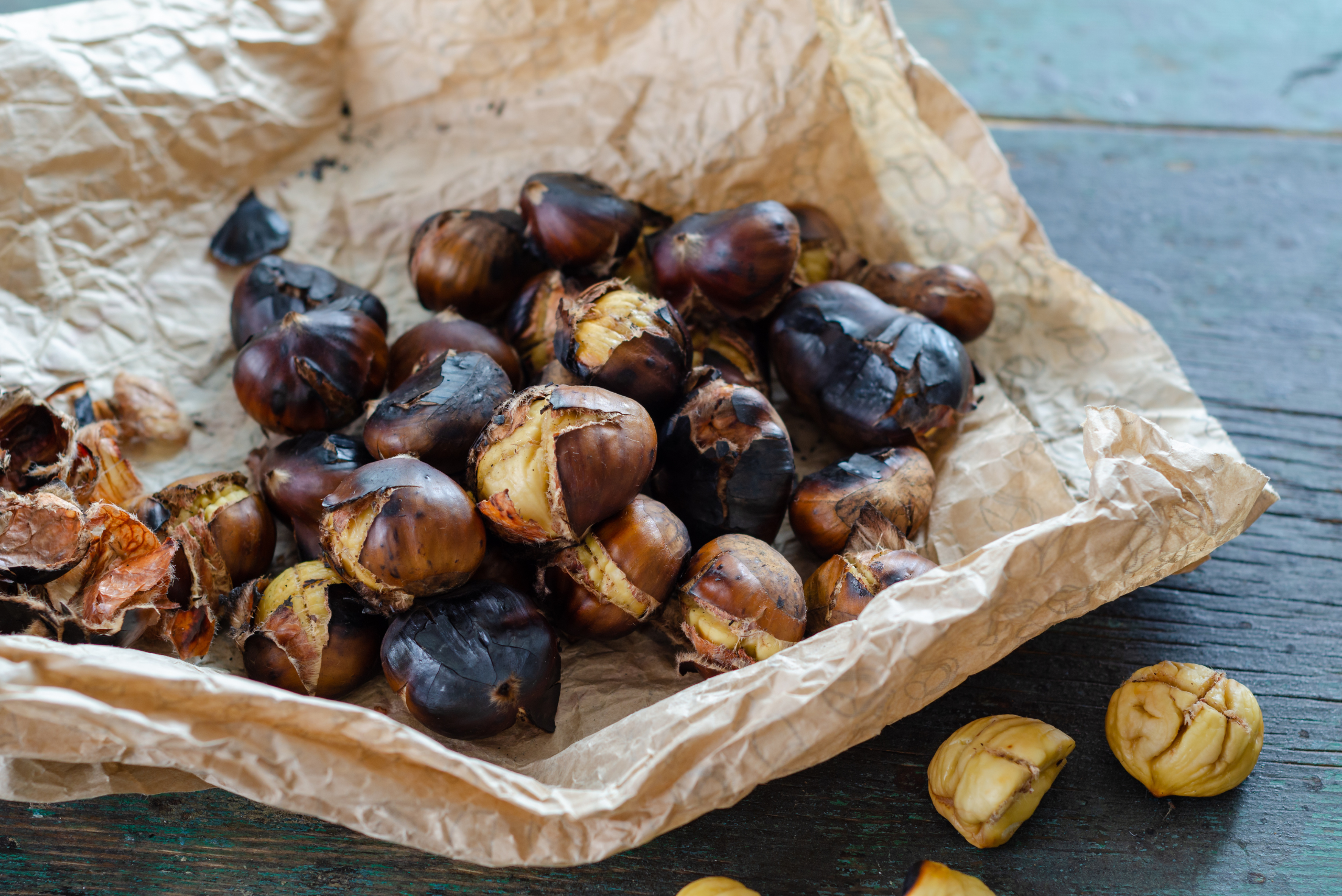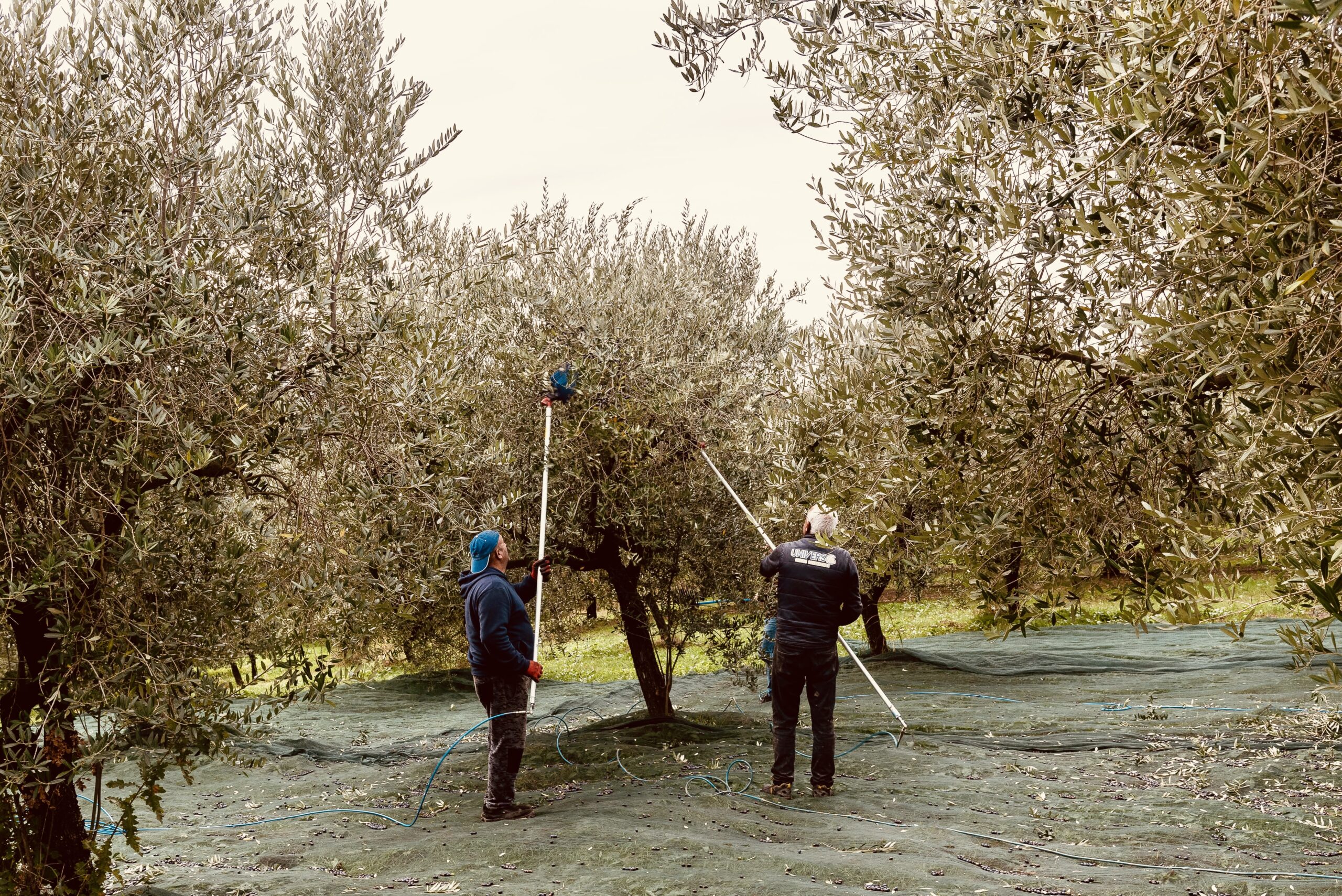Nestled in the heart of southern Italy’s Campania region, Irpinia is off the tourist trail and waiting to be discovered. This picturesque and historically rich area offers a unique blend of captivating history, delectable culinary traditions, lively folk music and dance, and colourful religious festivals. Keep reading to explore the diverse facets of Irpinia.
A Glimpse into Irpinia’s History
Irpinia’s history is as rich and varied as the layers of culture that have shaped it over centuries. The region’s name is derived from “Hirpinia,” referring to the ancient Samnite tribe, the Hirpini, who inhabited the area during the pre-Roman era. The Samnites played a significant role in the history of Irpinia, resisting Roman expansion and preserving their unique culture.
As the Roman Empire expanded its influence, Irpinia became a strategic crossroads for trade routes. The remnants of Roman settlements, such as the Roman theater in Avellino, serve as a testament to this period of history. Irpinia also played a role in the early Christian era, with several monasteries and churches dating back to the Middle Ages dotting the landscape.
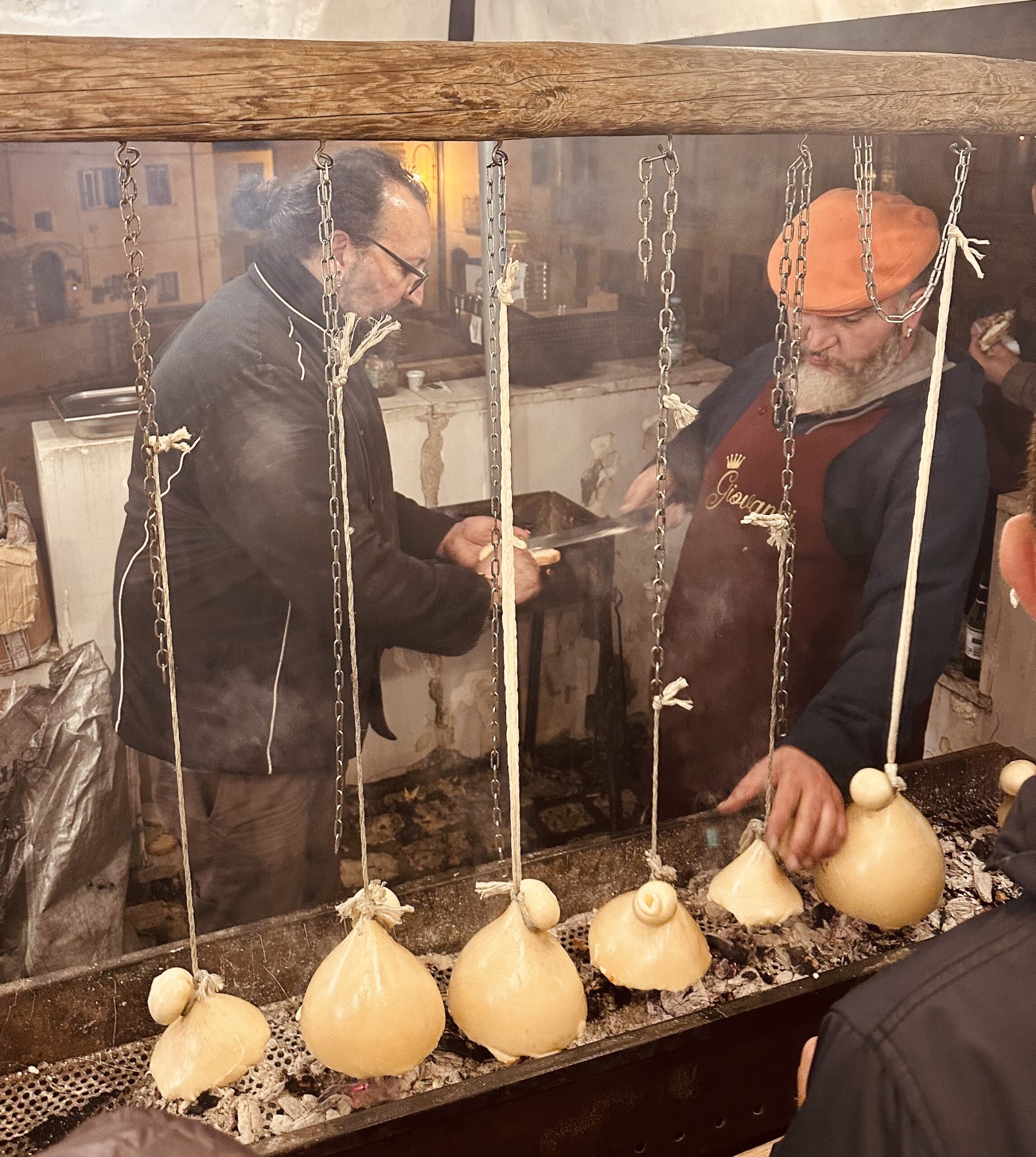
Culinary Traditions of Irpinia
Irpinia’s cuisine is a delicious reflection of its heritage and the local availability of high-quality ingredients. The region is famous for its fresh and authentic dishes that capture the essence of traditional Italian cooking. Some signature dishes and ingredients include:
Pasta: Irpinia is known for its unique pasta varieties, including “cavatelli” and “strascinati.” These hand-rolled pastas are often served with hearty sauces like “ragù” (meat sauce) or “cacciatora” (hunter-style sauce).
Cheese: Irpinia produces exquisite cheeses, such as “caciocavallo” and “pecorino,” which add depth of flavor to many local dishes.
Wine: The region is home to prestigious wineries that produce renowned wines like Taurasi and Greco di Tufo, complementing the local cuisine.
Black Truffles: Irpinia is a haven for truffle enthusiasts, and its black truffles are sought after by chefs around the world.
“Salsiccia Irpina”: The local sausage is a must-try, known for its rich flavor and the perfect amount of spice.
Folk Music and Dance
Irpinia’s vibrant cultural traditions extend to its folk music and dance. Traditional folk songs and dances are an integral part of the local culture, providing a window into the region’s history and the spirit of its people.
Tarantella: The Tarantella is a lively and rhythmic dance that originated in Southern Italy, including Irpinia. It is characterized by its fast tempo and intricate footwork. The dance is often accompanied by lively accordion music and tambourines, creating a festive atmosphere at local celebrations and festivals.
Zampogna: The zampogna, a traditional bagpipe-like instrument, is frequently used in Irpinian folk music. It adds a unique and soulful element to the region’s musical tradition.
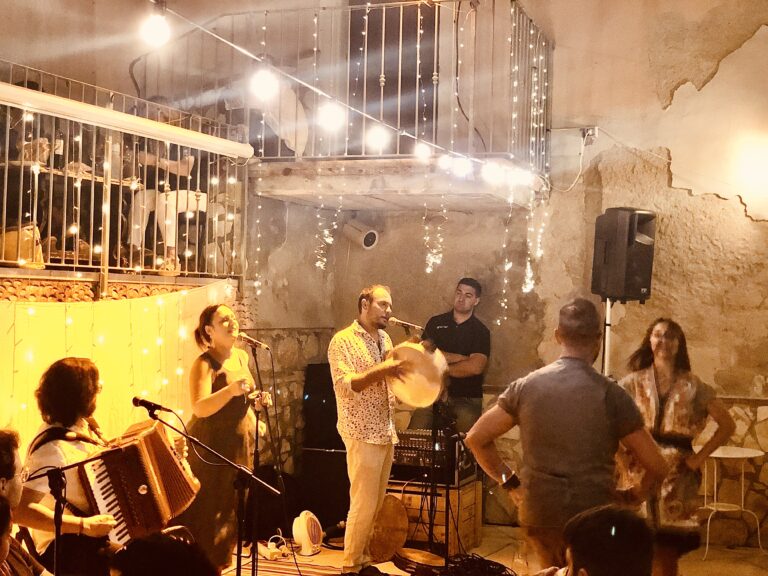
Religious Festivals in Irpinia
Religion plays a significant role in the lives of Irpinians, and religious festivals are a central part of the region’s cultural calendar. Some notable religious festivals in Irpinia include:
Feast of Saint Gerard: This annual celebration in honor of Saint Gerard Maiella, the patron saint of childbirth, takes place in Materdomini. The highlight is the “Running of the Saints,” during which devotees carry statues of saints through the streets in a thrilling and colorful procession.
Feast of San Barbato: In Grottaminarda, the Feast of San Barbato features a unique tradition of lighting thousands of torches, creating a mesmerizing spectacle.
Holy Week Processions: Irpinia’s towns and villages come alive during Holy Week with solemn processions, reenactments of religious events, and intricate, handcrafted religious sculptures.
Irpinia is a region that invites travelers to delve deep into its history, savor its culinary traditions, immerse themselves in its folk music and dance, and participate in its vibrant religious festivals. Whether you’re a history buff, a foodie, a music enthusiast, or simply seeking cultural experiences, Irpinia offers a rich tapestry of experiences waiting to be explored. A journey to this captivating region is sure to leave a lasting impression and create memories that will stay with you for a lifetime.


